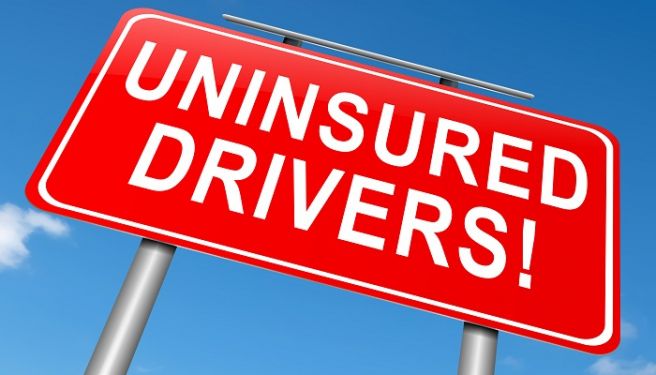By Caryn Schulenberg
One of the most misunderstood parts of the automobile insurance policy is the uninsured motorist coverage. Many people think that if they carry Uninsured Motorist coverage, that the damage done to their car will be covered by their own policy, even if they do not have collision coverage on their car, but sadly, the truth is just the opposite. In order to have your car covered for damages in any mishap, you must carry collision coverage on your car. While I realize that to the average client, that doesn’t make sense, allow me to clarify.
Uninsured Motorist coverage is actually short for Uninsured Motorist Bodily Injury coverage and is often listed as UMBI. That means that if you carry the UMBI coverage and you are hurt in an accident with a motorist who does not carry liability insurance, your medical bills will be paid on your policy. The UMBI coverage also covers the passengers in your car, who fall under your responsibility as the driver.
Sadly, the national average for uninsured drivers on the road is 13%, or one out of every 8 drivers. That might seem like a small amount, but when one of them hits your car, it seems astronomical. When you think about that in terms of the busy intersection you are approaching, you have to realize that, at least one of those drivers at the intersection is uninsured. To top it off, your auto insurance rates increase to cover those uninsured motorists with rate increases to cover the cost of fixing the vehicles he damaged in the accident.
UMBI and its partner UIMBI (Under Insured Motorist Bodily Injury coverage) are not mandatory coverages in many states, and if your policy does not have the coverage, you might have to sue the uninsured motorist to recoup your medical bills, and that can be costly and is often unfruitful. Many times people decide not to carry these coverages because they want to save money on their insurance, but it only takes one uninsured accident to see to folly of that decision. We strongly recommend to all our clients that they carry this coverage, and in many states, refusal must be accompanied with a signature attesting to that fact. It is a good idea to consider making an appointment with your agent to review your policy. Understanding each part of your policy and what it covers in the best way you can protect yourself in the event of a loss.

